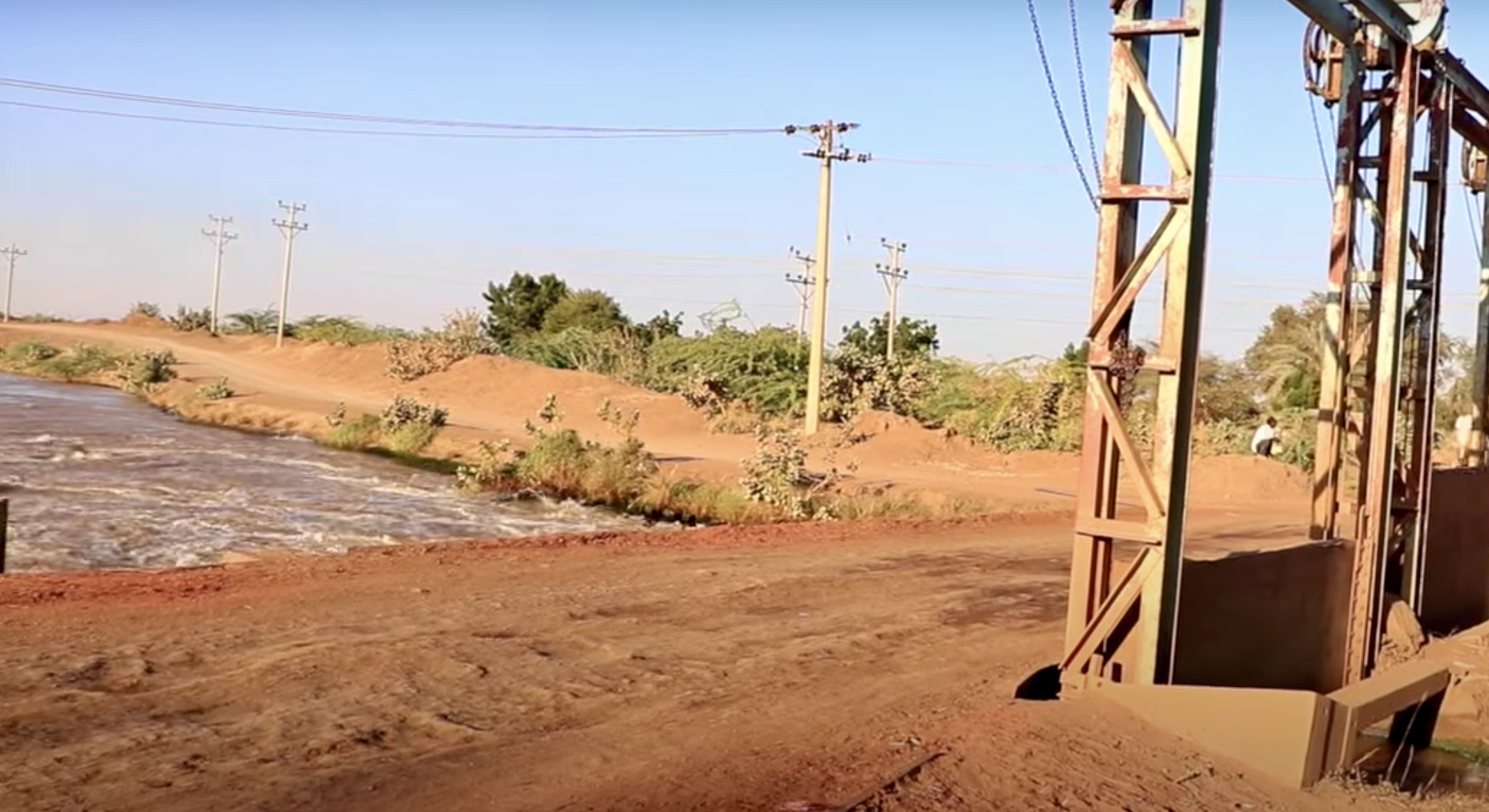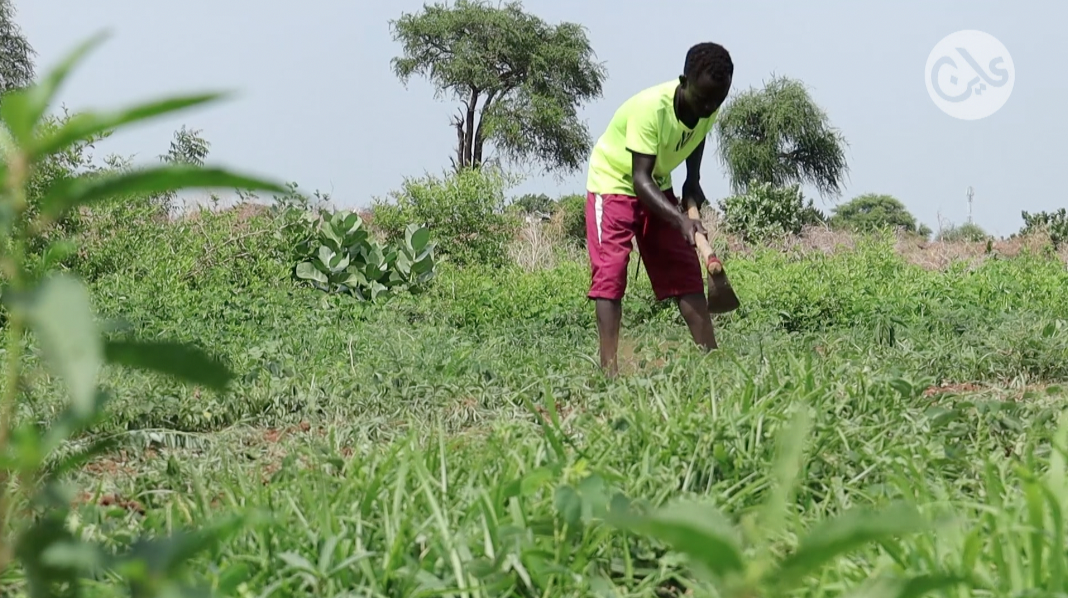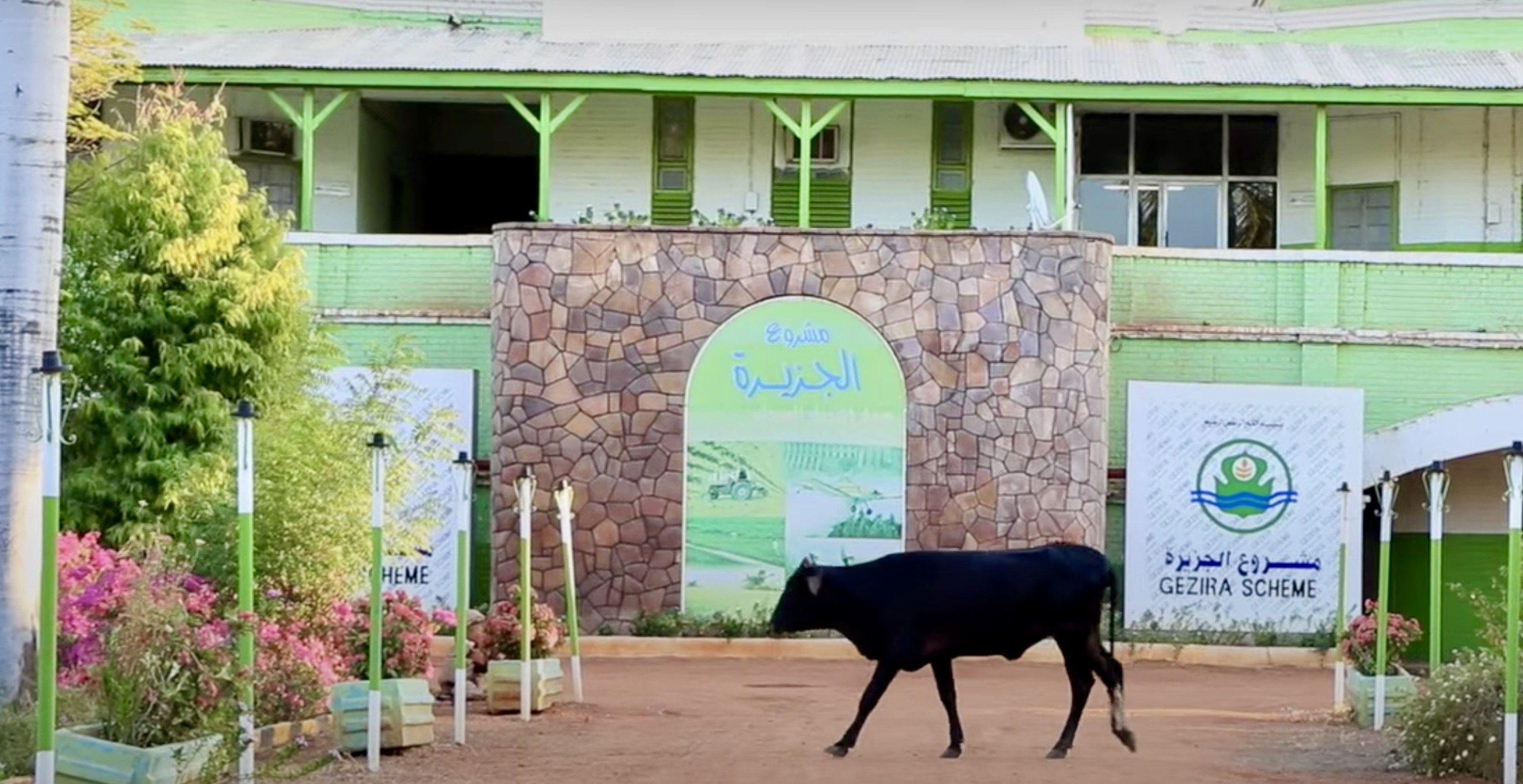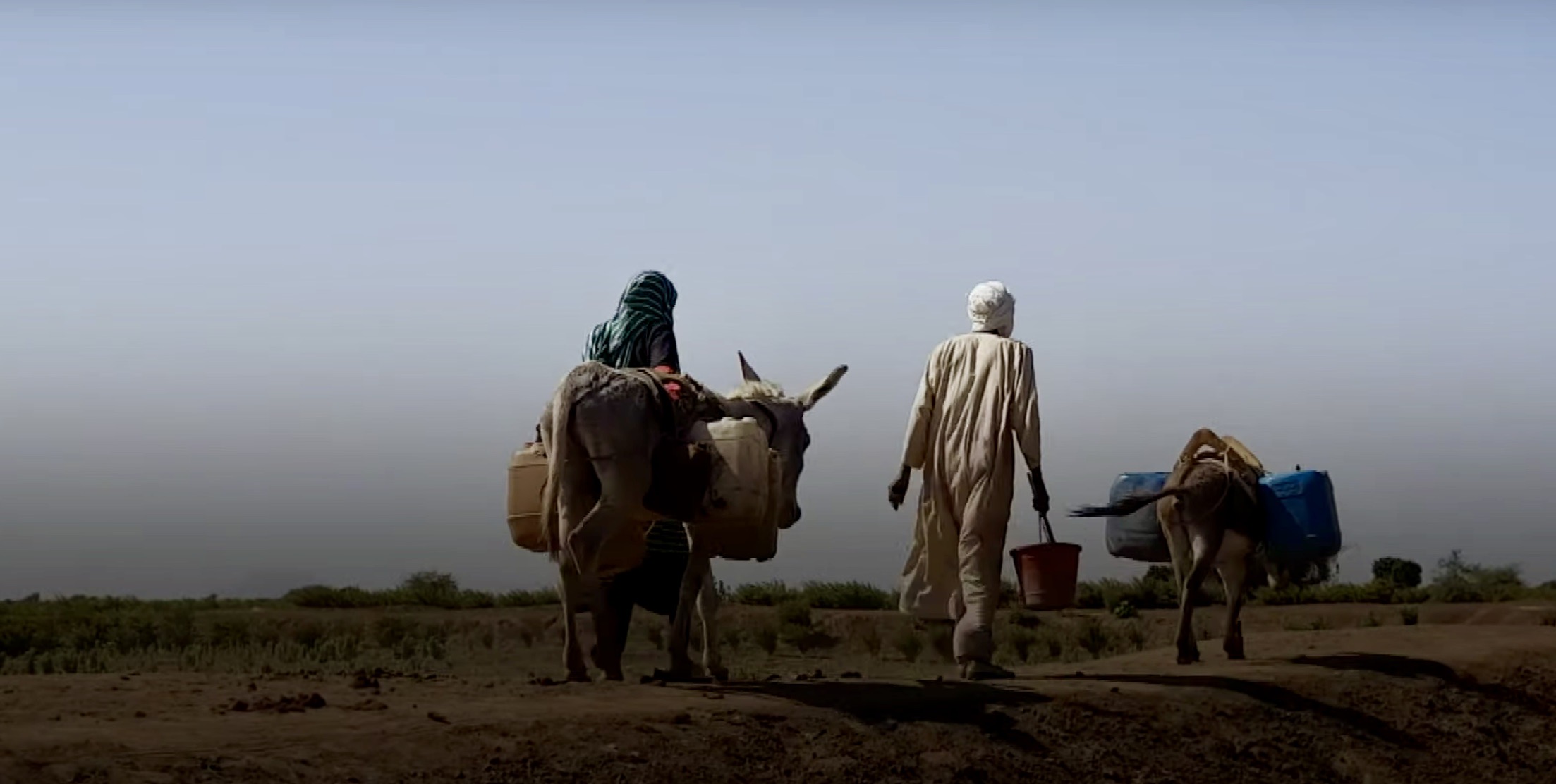A struggle to plant
17 September 2023
With the war now in its fifth month in Sudan, farmers in key agricultural areas across the country were unable to access state and institutional support, severely affecting crop production, and inducing future food insecurity. The lack of functioning state authorities and agricultural banks has led to irrigation canals remaining unattended and a dearth of fertilisers and other essential tools for local farmers during the summer agricultural season. According to the UN Food and Agriculture Organisation (FAO), nearly 65% of Sudan’s population is engaged in the agriculture sector and makes up nearly half the country’s gross domestic product.
The farmers in the Jazeera Agricultural Scheme in central Sudan, and those in Gedaref and Sennar states were unable to obtain the financial means to prepare for the season, local sources told Ayin. Private companies that normally would provide agricultural inputs such as pesticides, fertilizers, and improved seeds, failed to deliver since most of these company offices and warehouses are based in restive Khartoum.
Since mid-April, a battle of dominance between Sudan’s army and the paramilitary Rapid Support Forces (RSF) has taken place, displacing roughly five million people and severely affecting the country’s agricultural output.
Local farmers say the cash-strapped governmental Bank of Agriculture – which undertakes agricultural financing operations – has provided little to nothing in terms of financial support to farmers. In the case of Al-Jazeera State, the Bank has refused to support due to the farmers’ inability to repay past loans, which reached 80% last year.

Farmers forced to flee
According to Salman Al-Hadi, a farmer in Al-Jazeera State, most farmers in the agricultural hub were unable to pay back loans to the Bank due to last year’s decline in crop prices and cuts in state subsidies. Even worse, the bank has now filed lawsuits against thousands of struggling farmers in the state, Al-Hadi told Ayin, and is now pursuing them through the police with arrest warrants –forcing them to pay or face jail time. “I was forced to flee my farm and hide myself because the bank will imprison me, and then I will not be able to support my children.”
With most farmers fleeing authorities, leaving the country’s largest irrigated agricultural project fallow, Al-Hadi fears a critical dearth in food production for the country. Instead, he says, farmers are resorting to subsistence farming. Al-Hadi is going to plant in a small, three-acre area that will cost around 350,000 Sudanese Pounds (around US$660) to cultivate. Farmers have resorted to selling their livestock or cars to cover these costs, he added, while others have refrained from farming altogether. “We are also facing the problem of thirst since the irrigation canals have not been cleared, and there is a significant decrease in water levels [for farming],” he said. Farmers are trying to solve the problem individually by digging some streams, a task once taken care of by state authorities before the war started.
“Farmers struggle with many challenges, as the state neglected its duty in clearing irrigation canals,” said Abdeen Bergawi, the official spokesman for the Jazeera and Manaqil Farmers Alliance. The Ministry of Finance increased fees for agricultural tools and kept a low purchasing price for wheat, causing huge losses for farmers, he added. Farmers were forced to sell their wheat in the regular market for less than 20,000 SDG per bag (roughly US$ 33), he said, instead of a previously announced price of 43,000 SDG (roughly US$ 72). “Nevertheless, we in the Farmers’ Alliance raise the slogan (we must plant), because the lack of agriculture will lead to a certain famine considering this damned war.”

War halts production
War conditions prevented dozens of companies from importing agricultural production inputs, an employee of a fertilizers and pesticides company in the states of Jazeera and Sennar told Ayin. “Because of the war, we were unable to transfer fertilizers, pesticides, and seeds from the company’s warehouses in Khartoum to the production areas. We made many attempts, yet we failed, and all the companies working in this field are struggling with this issue.”
The employee, who requested anonymity since he is not authorised to speak to the press, said severe hurdles have reduced the importation of agricultural inputs, including pesticides, fertilizers, and seeds. Many of the loaded ships have been returned due to the absence of a government agency that approves the entry of these inputs since the Agricultural Research Authority’s facilities were burnt, in addition to the absence of the Standards Department and other supervising institutions. Even when fertilisers, pesticides, and seeds are available in the agricultural areas of Jazeera and Sennar, the same employee said, many farmers lacked the funds to purchase them.
Salah Abdul Latif, a farmer in Sennar State, was only able to farm at the very end of the summer season after scrounging to find the funds to plant. “I have put my car on sale in order to be able to cultivate some acres of corn and sesame, but no one bought it, so we can only plant crops on limited acres for the purpose of self-sufficiency for my family,” Abdul Latif said. The absence of funding for farmers has reduced the agriculturally productive areas in the irrigation sector in Sennar State by around 60 percent, he added.

Other major agricultural areas such as Gedaref State did receive support during the summer from the Agricultural Bank, but the assistance was limited, says farmer Ghaleb Haroun, and accessing this help remained unnecessarily bureaucratic. “The local authorities make it difficult to get fuel,” Haroun said, “obtaining it requires the approval of more than five administrative bodies, which is a major hurdle for farmers who are racing against time to make use of the planting season.”
According to the agricultural expert, Engineer Ayman Dafaa-Allah, the lack of agricultural financing over the summer will put small farmers –who constitute over 70% of the country’s agricultural production cycle—out of business. Many farmers, whether small or large producers lack viable markets to sell their produce due to the dearth of export opportunities and markets in Khartoum –normally the biggest market for farmers. As a result, farmers are resorting to subsistence farming due to the ongoing insecurity and to avoid production expenditures.
Bergawi urges the Minister of Finance to pump money into the Agricultural Bank to finance farmers and to forgo past debts, “because we live under exceptional circumstances and need extraordinary measures — the failure to respond to these challenges will lead to a major famine in Sudan that is similar to notorious historic starvations in the country”.

The spectre of famine
The Food and Agriculture Organization says that the current crisis in Sudan has exacerbated the already dire food insecurity situation. In a recent report, FAO expected an increase in hunger across the country, especially in the drought season from June to September. FAO says they will distribute seeds and other measures to boost crop production and meet cereal requirements for the upcoming 2023 harvest.
These measures are needed immediately. The World Food Program predicts 19 million, roughly 40% of Sudan’s population, is projected to be food insecure in the months ahead.
The specter of famine is particularly acute in the state of South Kordofan, which is witnessing extensive military operations on three fronts. “Due to the deteriorating security situation and the intensification of battles, citizens were unable to farm, and the percentage of cultivated areas this season may only reach 3 percent, while the residents here depend mainly on rain-fed agriculture for their livelihood,” a resident of Dilling, South Kordofan, told Ayin.


